
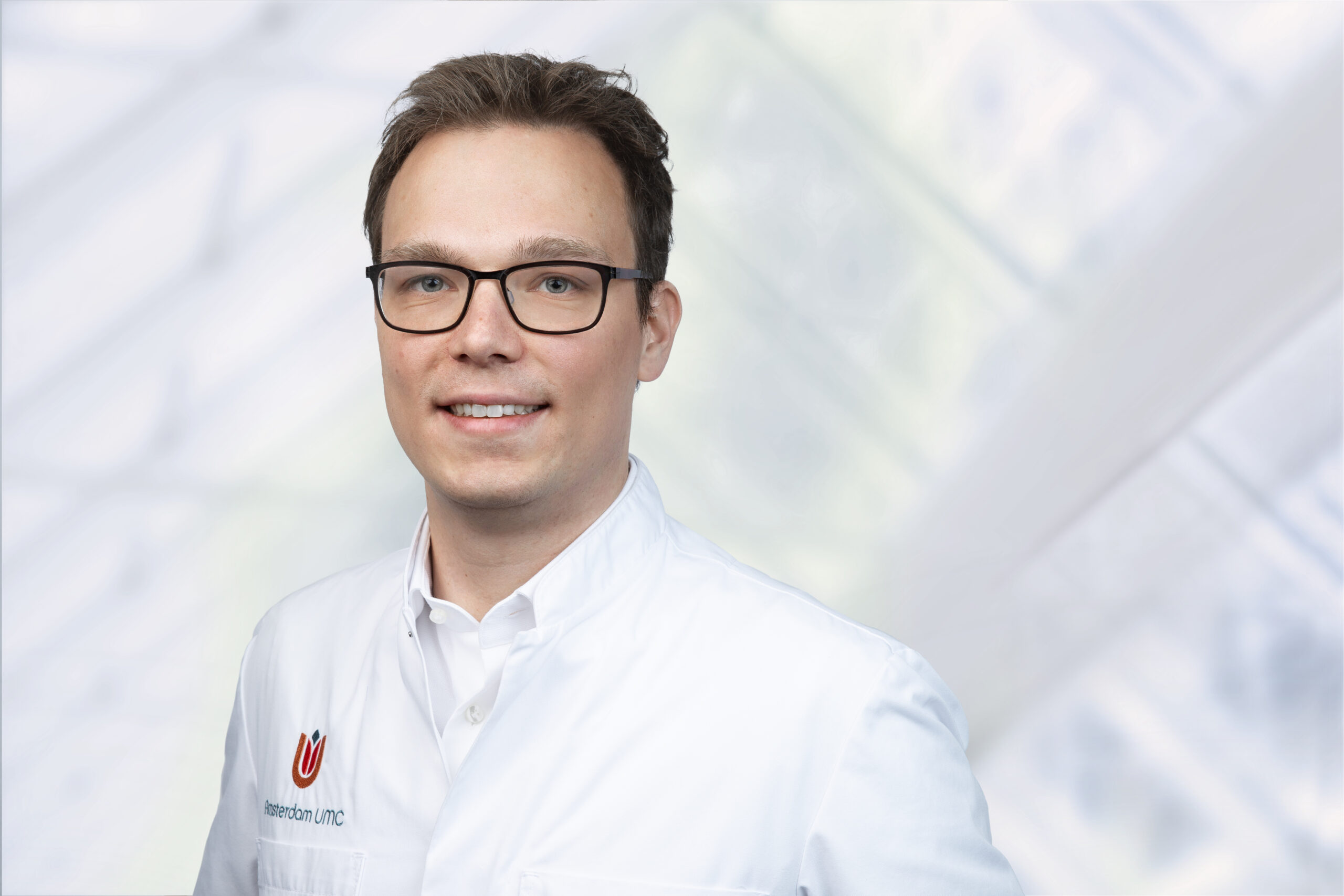

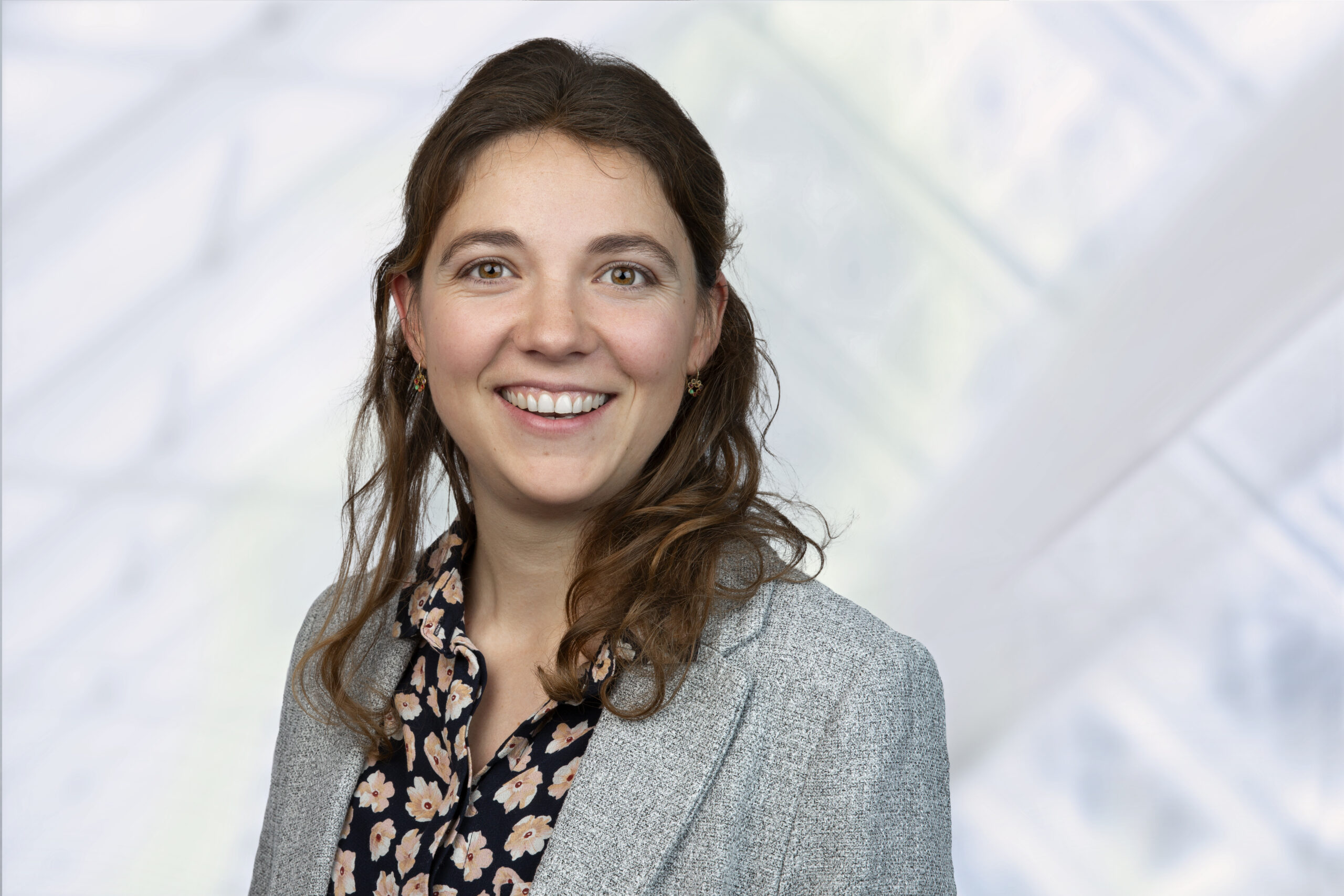
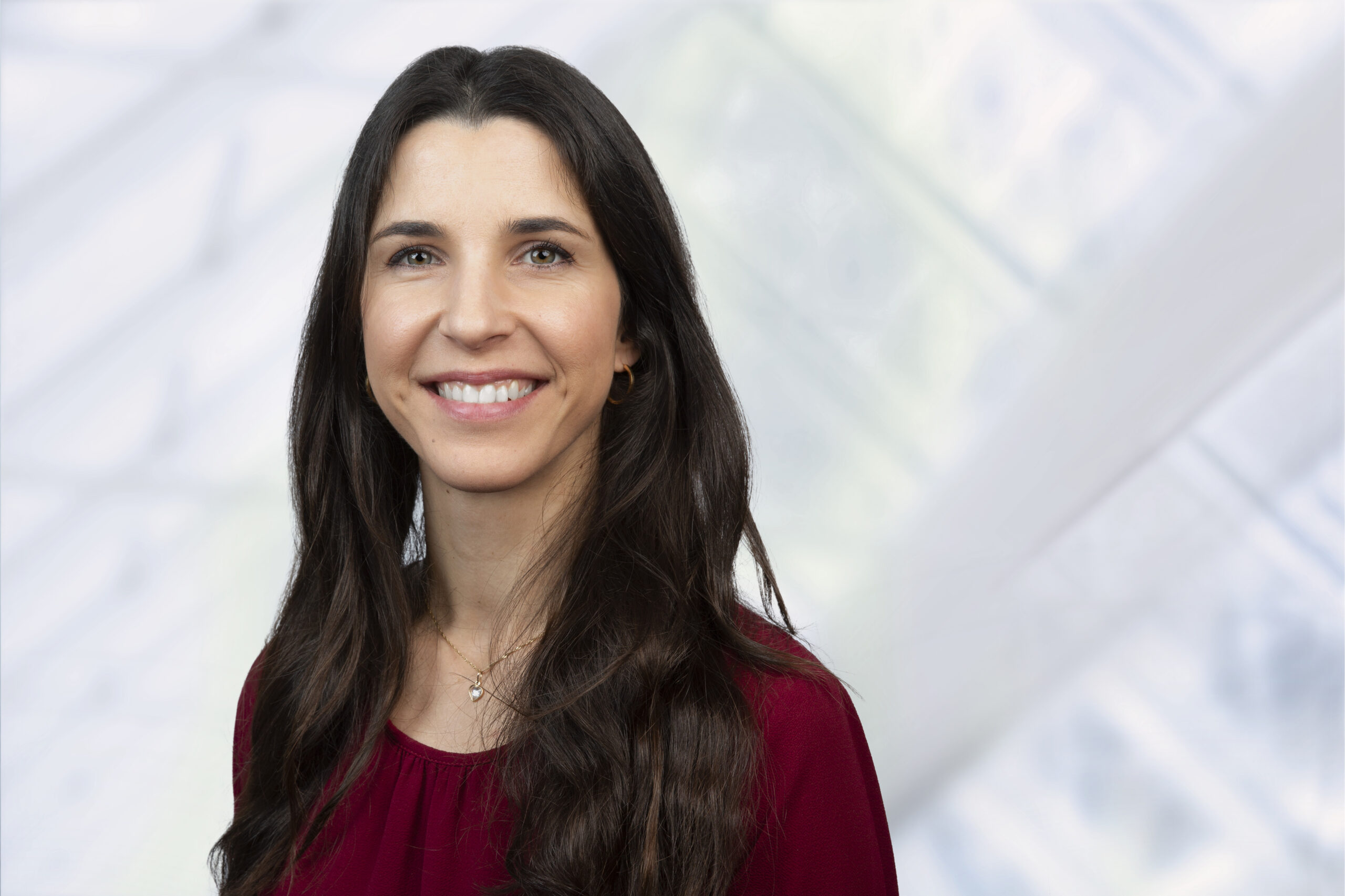
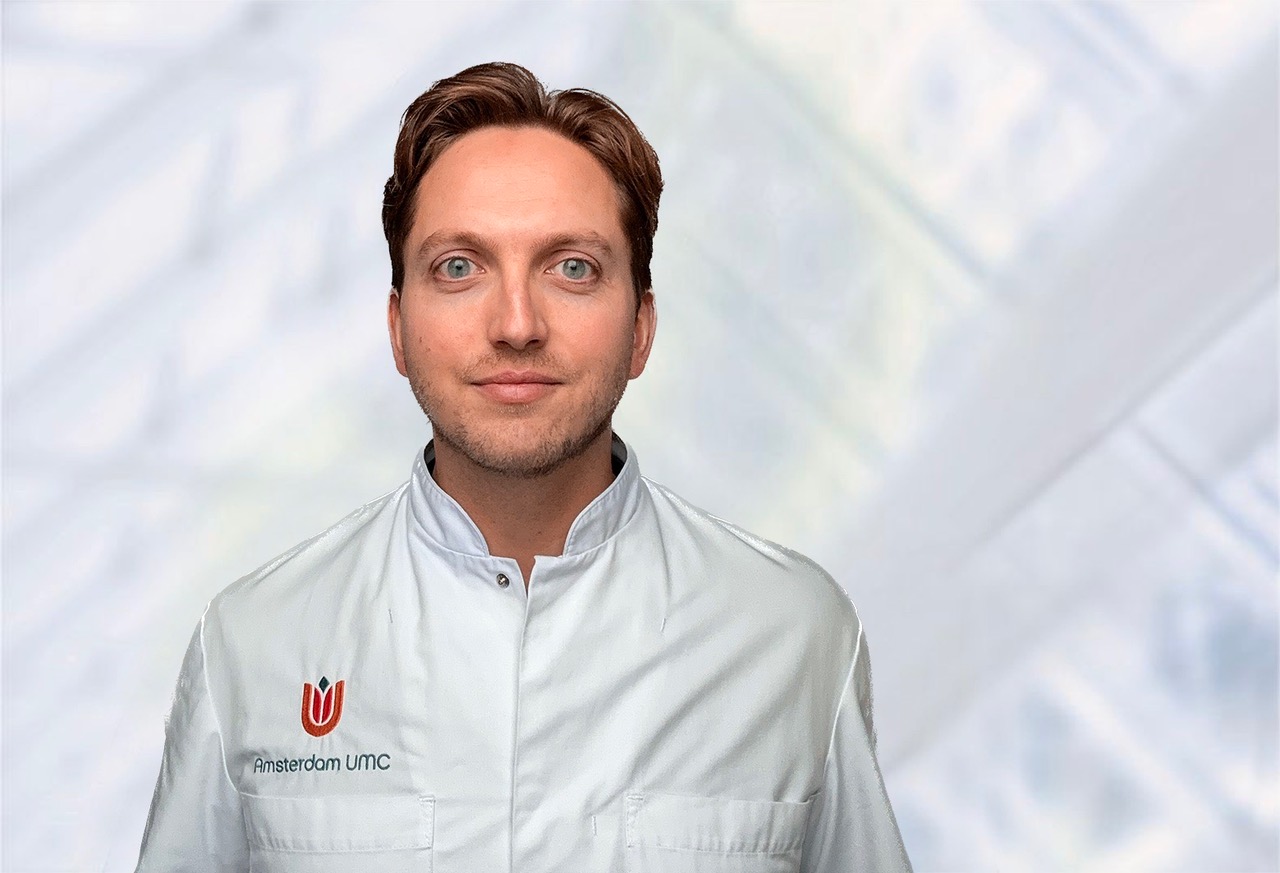


Prof. Dr. Folkert W. Asselbergs is a consultant cardiologist, Prof of Translational Data Science at the University of Amsterdam, Chair of Amsterdam Heart Center, Prof of Precision medicine at the Institute of Health Informatics, University College London, chair Digital cardiology and AI committee of the European Society of Cardiology, chair data infrastructure Dutch CardioVascular Alliance, and associate editor of the European Heart Journal for the section digital innovation.
He recently founded the nudging unit that will provide a framework to conduct pragmatic trials embedded within routine care for knowledge discovery and improvement of patient care by increasing guideline adherence.
His research program focuses on precision medicine using real-world data from electronic health records and registries and -omics research for drug target discovery, pharmacogenetics and stratified medicine using digital twinning. He published over 625 papers and editor of the textbook “Clinical Applications of Artificial Intelligence in Real-World Data”. He is coordinator and co-PI in several(inter-) national consortia in the field of trustworthy AI, translation data science and digital health (www.ai4hf.com, heart4data.nl, www.mydigitwin.nl, www.datatools4heart.eu).
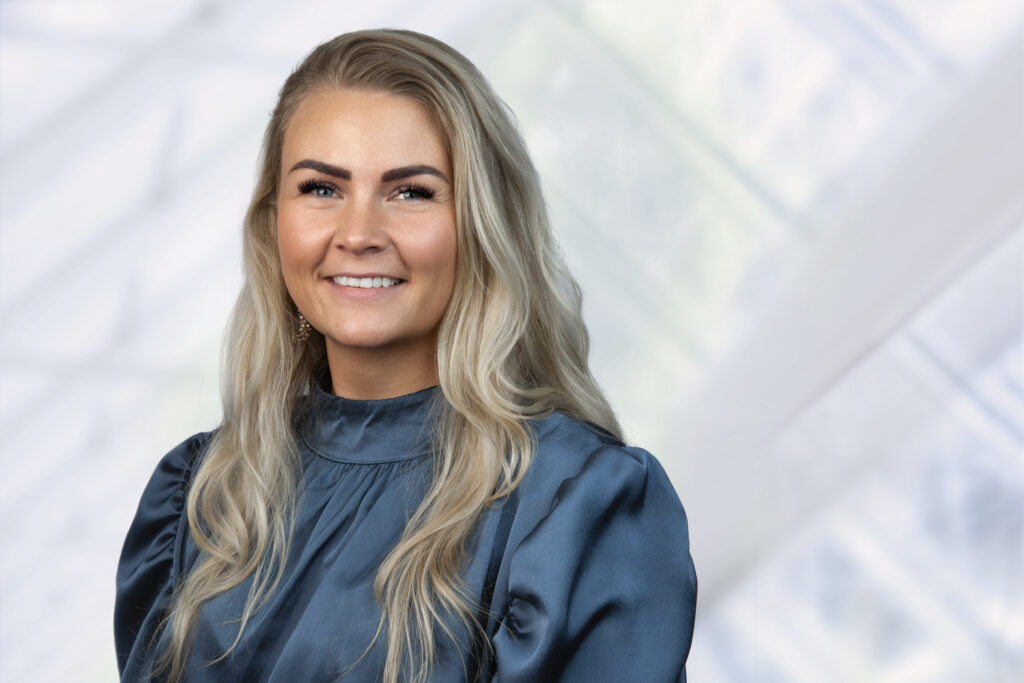
Joyce is the office manager at Amsterdam UMC and plays a crucial role in supporting the research team. With a keen eye for detail and efficiency, she ensures smooth coordination of administrative and organizational processes, allowing researchers to focus fully on their objectives.
From managing schedules and meetings to facilitating communication and logistics, Joyce keeps daily operations running seamlessly. Her experience in office management and insight into the unique dynamics of the research environment empower her to cultivate a productive, inspiring workspace where each team member can reach their full potential.
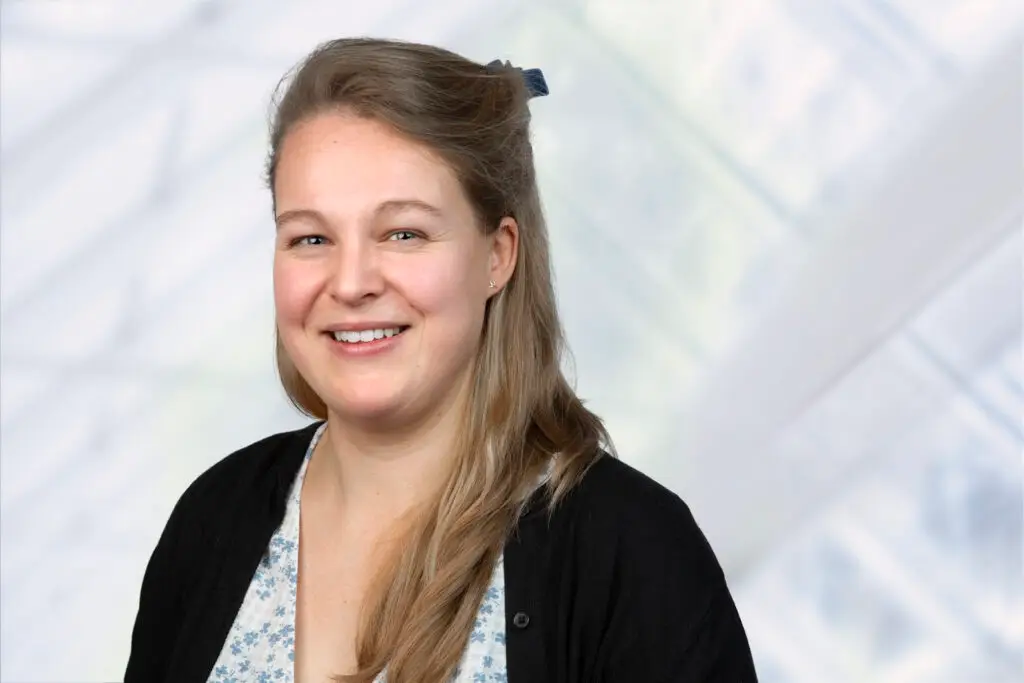
Specialisation
Machteld received training in technical medicine and specialized in signal processing. Machteld completed a PhD on electrocardiographic imaging in inherited cardiomyopathies with the University of Utrecht in The Netherlands.
Her current research focuses on the implementation of data standardization techniques for electronic health record data and the implementation of federated learning in Amsterdam UMC as a part of the DataTools4Heart project. The focus of the DataTools4Heart project is the creation of a cardiology data toolbox for clinicians, researchers, and data scientists to allow improved collaboration between research institutes.
Additionally, she focuses on the in-depth characterization of disease progression in cardiac structural diseases with a strong focus on combining ECG and cardiac MRI images using data-driven AI-strategies for the characterization of disease progression in structural cardiac disease.
Education
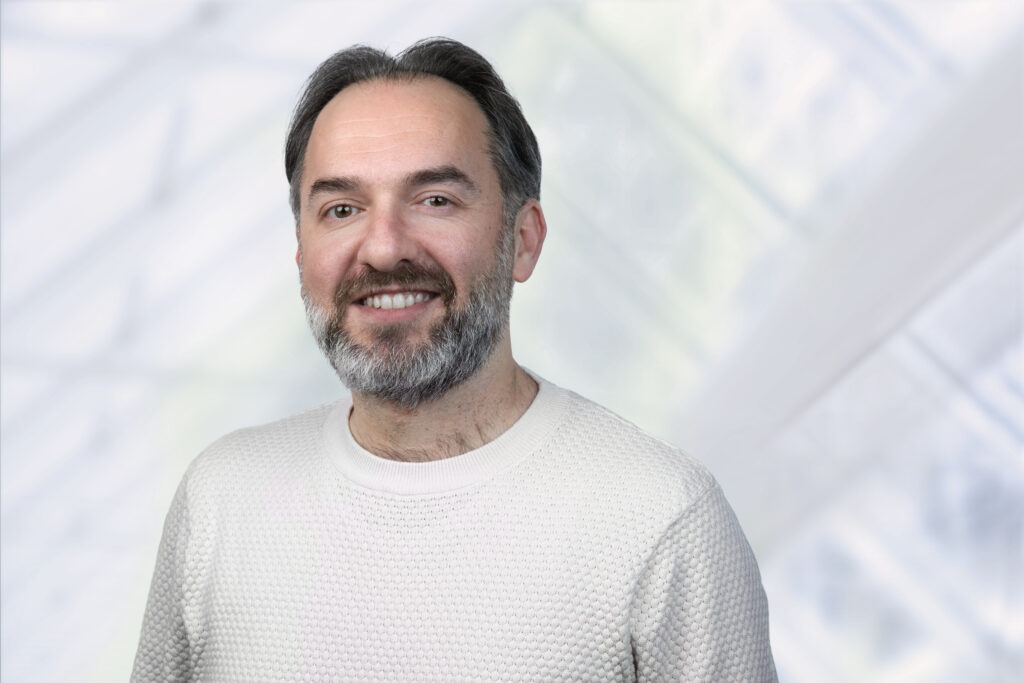
Specialisation
Noman is a postdoctoral researcher at Amsterdam UMC, residing at the intersection of artificial intelligence (AI) and cardiology. He holds a PhD in Medical Informatics, with his doctoral research focusing on using machine learning and Natural Language Processing (NLP) to predict falls in older adults through the analysis of electronic health records.
Currently, Noman leverages generative AI and NLP, particularly through the use of Large Language Models (LLMs), to extract valuable insights from narrative text within Electronic Health Records (EHRs). His work aims to empower clinicians with evidence-based recommendations that align with the guidelines established by the European Society of Cardiology (ESC). He focuses on developing cardiovascular risk prediction models and automating information extraction processes. His work forms an integral part of the DataTools4Heart project, aimed at developing a comprehensive cardiology data toolbox to promote collaboration among clinicians, researchers, and data scientists across institutions.
Education
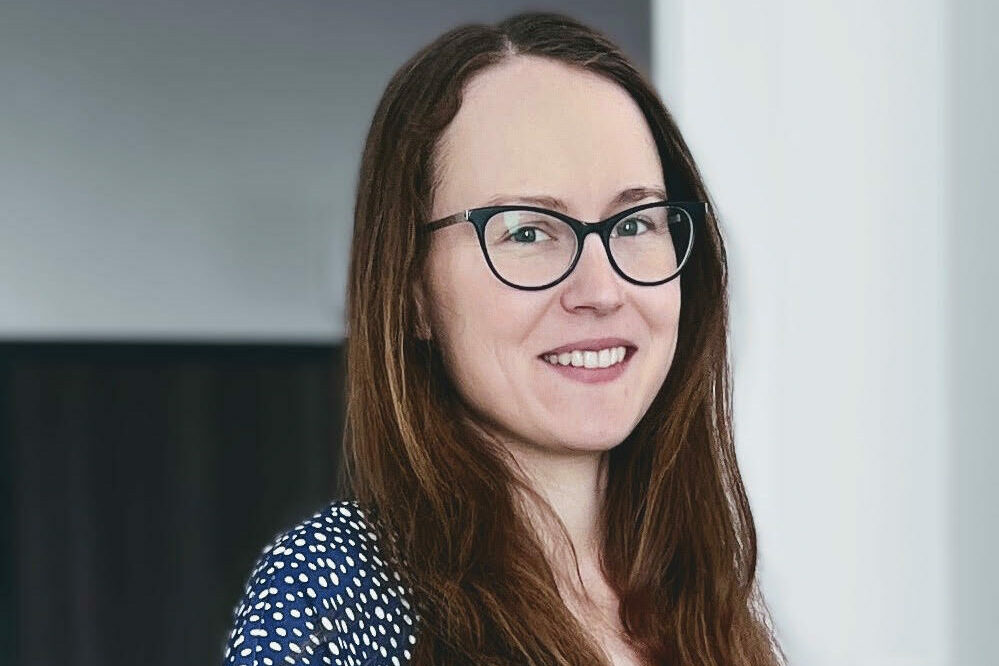
Specialisation
Katarzyna Dziopa has received training in Computer Science and Mathematics. She completed her PhD studies at University College London, focusing on developing data-driven approaches to cardiovascular risk prediction in type 2 diabetes patients.
Following her PhD, Katarzyna continues her academic career as a Postdoctoral Researcher at Amsterdam University Medical Center. Her research focuses on developing and validating cardiovascular risk prediction models.
Education

Specialisation
Larisa has received training in Physics, Computer Science and Mathematics. She completed her PhD in Statistics at Delft University of Technology focusing on the predictive modelling and sensor data-driven solutions for performance assessment and injury risk identification in overhead sports.
Following her PhD, Larisa continued her Academic career as a Postdoctoral Researcher at Amsterdam University Medical Centre. Her research focuses on cardiovascular risk prediction based on environmental data within the MyDigiTwin project. The MyDigiTwin project aims to create “digital twins” of patients’ cardiovascular health using big data and artificial intelligence in order to personalize prognosis and treatment.
Additionally, Larisa collaborates with the Institute for Risk Assessment Sciences at Utrecht University on identification of environmental risk factors which may be leveraged to expand the current offerings of risk prediction tools to provide a more wholistic consideration of the patients clinical and environmental risk factors for (progressive) cardiovascular disease.
Education
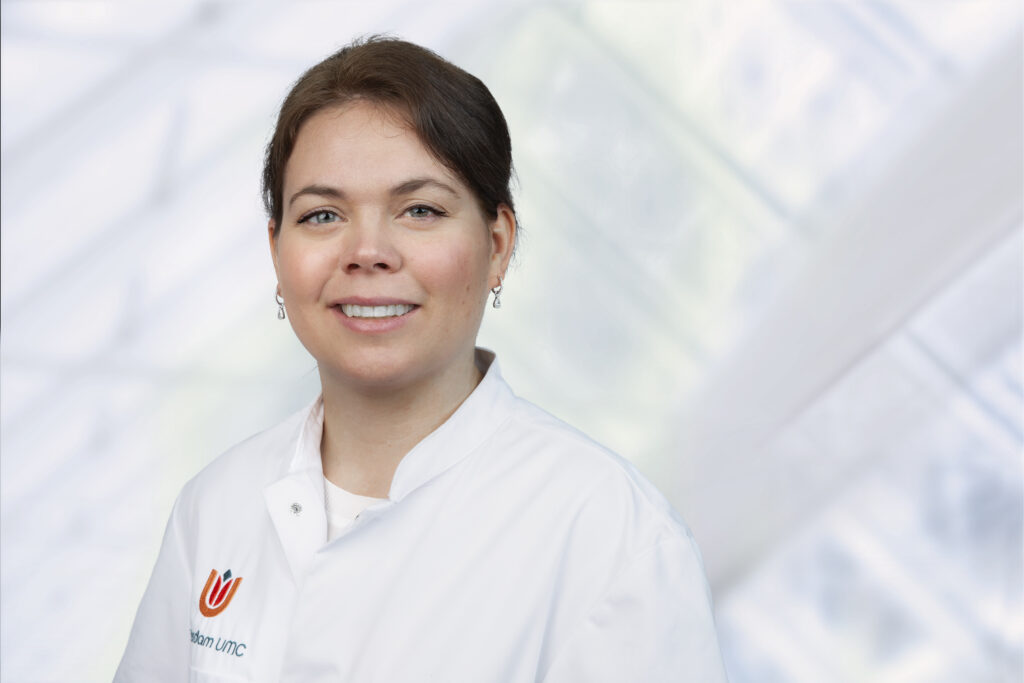
Specialisation
Marijke is a cardiology resident who began her training in 2024, combining clinics with research. In addition, she is pursuing a Postgraduate Master’s in Clinical Epidemiology at Utrecht University.
Her research primarily focuses on cardio-oncology, a subspecialty that explores the interplay between cancer and cardiovascular disease. She is particularly focused on reducing the cardiovascular risks associated with cancer treatments, emphasizing risk stratification to identify patients most vulnerable to cardiovascular complications. Her work also involves developing and implementing strategies to mitigate these risks, aiming to improve the tolerability of cancer treatments and enhance long-term outcomes for cancer patients and survivors. Marijke serves as co-PI and cardiology lead for the HOVON 170 DLBCL – ANTICIPATE trial.
Since the COVID-19 pandemic, her research has expanded to include the study of short- and long-term cardiovascular complications related to COVID-19, in patients with and without pre-existing heart conditions.
Marijke has received funding from the Dutch Heart Foundation, Dutch Cancer Society, and ZonMw, and has (co-)founded several research consortia, including ANTICIPATE, CAPACITY, and DEFENCE.
Education

Specialisation
Floriaan Schmidt has received training in public health, clinical epidemiology, and mathematics. Floriaan completed a PhD on methods for personalized medicine with the Utrecht University in the Netherlands. Following his PhD, he accepted a position with University College London (UCL).
Currently, Floriaan has a joined position with Amsterdam UMC and UCL. His research focusses on developing and applying human genetics for drug target validation (Schmidt, Nature Communications 2020 & 2021). Additionally, Floriaan conducts research to improve risk prediction modelling by integrating electronic healthcare records data with information from multi-modal sources, including imaging, genomics and metabolomics.
Floriaan has received funding from the British Heart Foundation, the National Institute for Health Research University College London Hospitals Biomedical Research Centre, Servier, New Amsterdam Pharma, Health Data Research UK, IMI, Erasmus+, ERC horizon, ERC/UKRI Consolidator.
Education

Specialisation
Alicia is an epidemiologist specialised in Cardiovascular Epidemiology. She completed her PhD on Real-World Evidence in Heart Failure at University Medical Center Utrecht in 2020. During her PhD she collaborated with the Institute for Health Informatics at University College London where she studied Electronic Health Records and Risk Factors for Heart Failure. In addition, she collaborated with Karolinska Institutet in Sweden, where she studied the Swedish Heart Failure registry.
Following her PhD, Alicia continued as Assistant Professor at University Medical Center Utrecht studying personalised medicine for patients with heart failure. Currently, since 2023 she is Assistant Professor at Amsterdam University Medical Center and affiliated researcher at Karolinska Institutet, Sweden.
In her research, Alicia focuses on applying advanced epidemiological methodology and data science on real-world data sources to obtain real-world evidence for patients with heart failure.
In addition, since 2021 Alicia works as a project manager, epidemiologist and daily board member in the Heart4Data Consortium to establish a fast-lane for cardiovascular registry-based research in the Netherlands.
Education

Specialisation
Marion is a biologist and completed her PhD on omics in cardiac disease at University Medical Center Utrecht, leveraging large sample size data, such as the UK Biobank. She contributed to important initiatives such as the genome-wide association studies in stroke and heart failure subtypes.
After her PhD, Marion pursued postdoctoral research at Amsterdam University Medical Center, continuing her work on omics and cardiac disease. She also holds an honorary position at University College London.
Marion’s research aims to identify novel drug targets for cardiac diseases like hypertrophic cardiomyopathy and heart failure by investigating associations between omics data, clinical outcomes, and other relevant parameters, while identifying which proteins involved are druggable.
Education
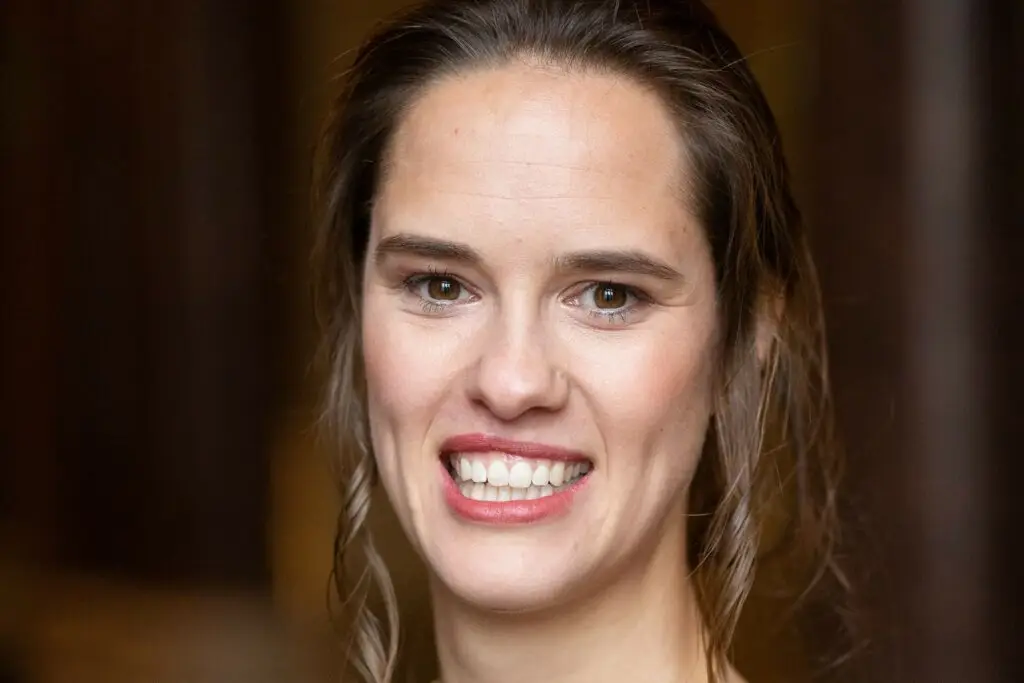
Specialisation
Stephanie has completed her PhD on non-invasive biomarkers in cardiomyopathies at the University Medical Center Utrecht. During her PhD, she studied multiple biomarkers, such as the role of a specific polymorphism in disease onset, abnormal protein expression of plakoglobin in buccal mucosa and increased fibrosis biomarkers in serum of arrhythmogenic or phospholamban (PLN) cardiomyopathy patients.
Following her PhD, Stephanie started to work as project coordinator for Check@Home. The goal of this project is to develop a roadmap for a national screening program focused on the early detection of cardiovascular disease, chronic kidney disease and type 2 diabetes and their common risk factors.
In this role, Stephanie combines coordination of the project and project management. Day to day tasks include preparation of the study protocols, monitoring of study progress, reporting study progress to funding agencies and stakeholder management.
Education

Specialisation
Stephan has a background in Human Movement Sciences and in Data Science. He completed his PhD on Physiological profiles for optimizing sprint and endurance performance in elite athletes at the Vrije Universiteit Amsterdam in 2018.
After his doctorate, Stephan expanded his competence in Data Science by obtaining a degree in Business Analytics and Data Science and worked as a data scientist in industry to broaden his horizon. Subsequently, Stephan joined the Leiden Institute of Advanced Computer Science, where he has helped to set up the National Data & Analytics Platform for Sports and Health including automated integrations with wearables and performed (un)supervised machine learning analyses in elite sports. In 2019, Stephan set up a new master course to teach a data science to Human Movement Scientists and worked as Assistant Professor at the Vrije Universiteit.
Currently, since 2023, he joined the Amsterdam University Medical Center to set up the data infrastructure within the Heart Center, combining various data sources (e.g. EHR EPIC, lab results, pharmacy, ultrasound, ECG, MRI, exercise testing). He also works at the Business Intelligence department to expand the existing Research Data Platform, focuses on the implementation of data standardization techniques for electronic health record data, and facilitates data requests and pipelines for healthcare evaluation or scientific research.
Education
